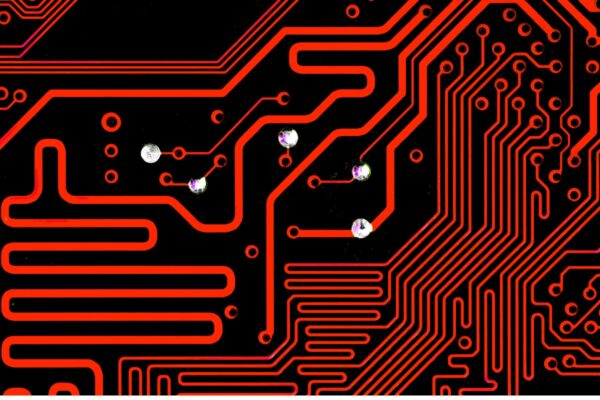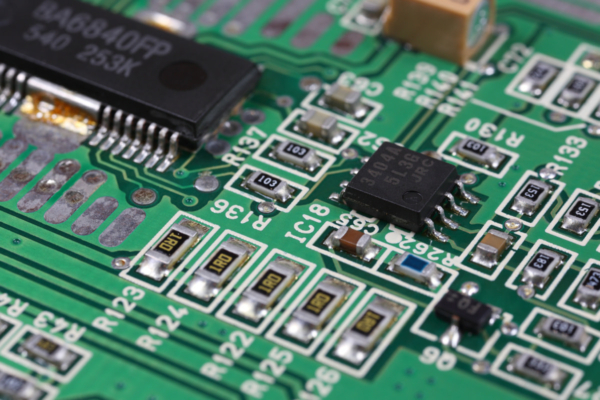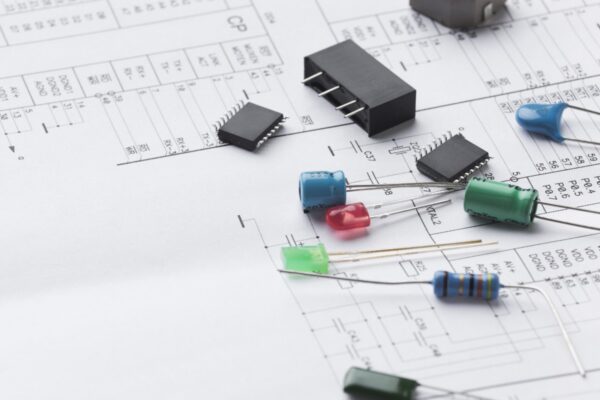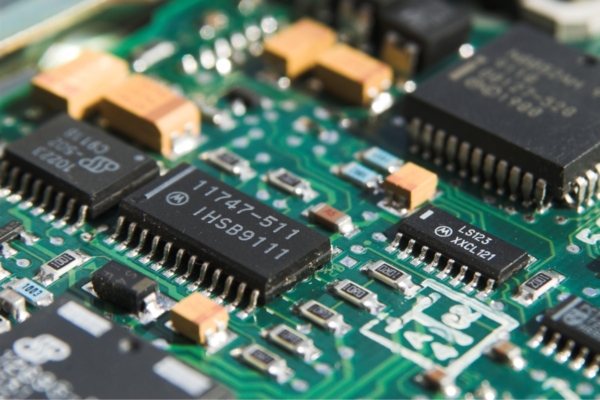What is DXF format
The term “DXF format” refers to the Drawing Exchange Format, a file format commonly used in the PCB industry for the exchange of data between different CAD (Computer-Aided Design) systems. Introduced in 1982, DXF allows for the transfer of schematic and PCB data between various CAD programs. It is a tagged data representation of all the information contained in an AutoCAD drawing file.
DXF files consist of different sections, including HEADER, TABLES, CLASSES, ENTITIES, BLOCKS, THUMBNAILIMAGE, OBJECTS, and the END OF FILE. Each data element in a DXF file is preceded by a group code, which indicates the type and meaning of the data element. This structure allows for the representation of virtually all user-specified information in a drawing file.
The DXF format can be in binary or ASCII format, with both formats supported by more recent editions of AutoCAD. Binary DXF files are in a binary format, while ASCII DXF files are in a text-based format. It is worth noting that dealing with ASCII DXF files may require the use of a specific release of AutoCAD, such as Release 10.
While the DXF format is widely used for transferring drawings between CAD systems, it is important to consider the limitations and potential issues. The lack of a standard format and the different qualities of DXF converters can sometimes result in problems during data transfer. Additionally, the DXF format is more suitable for defining lines rather than filled shapes.





